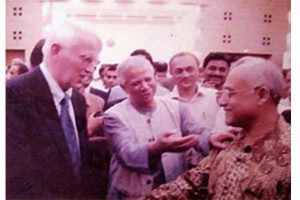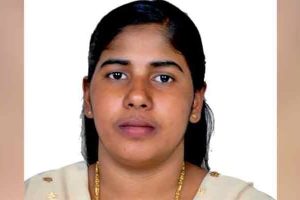
bdmetronews Desk ॥ Frustrated after seeing another candidate secure the presidency without winning the national popular vote, mostly Democratic lawmakers in several capitols want their states to join a 10-year-old movement to work around the Electoral College.
In states including Connecticut, Pennsylvania, Ohio and New Mexico, legislators have said they plan to introduce legislation that would require their state’s Electoral College voters cast ballots for the presidential candidate who earns the most votes nationwide, regardless of the statewide results.
“Every vote in this country should have equal weight. The Electoral College is a relic of a bygone era, and we need to change this system,” said Connecticut state Sen. Mae Flexer, who filed a bill with several fellow Democrats requiring Connecticut to join the National Popular Vote Interstate Compact.
Since 2006, 11 states have signed onto the compact, which require their Electoral College voters to cast ballots for the national popular vote winner. In theory it would take effect once it involves states representing at least 270 electoral votes, the threshold to win the presidency.
When people vote for president, they are really choosing the electors from the political parties. The college is made up of 538 electors, which corresponds to the number of a state’s seats in the U.S. Senate and House, plus the three votes allotted to Washington, D.C.
The states that have already passed legislation to join the group represent 165 electoral votes. Typically reliably Democratic states, the list includes California, Hawaii, Illinois, Massachusetts, Maryland, New Jersey, New York, Rhode Island, Vermont, Washington and D.C. — all where Democrat Hillary Clinton defeated Republican Donald Trump.
Advocates note the measures have cleared several Republican-controlled legislative chambers, including the Arizona House this year. That bill did not come up for a vote in the GOP-controlled state Senate.
The compact wouldn’t benefit any one party, said Patrick Rosenstiel, a consultant to National Popular Vote, the group that has been pushing for the compact since 2006. Rather, the Republican said, it will encourage candidates to campaign in every state, regardless of its politics, and make every voter relevant.






